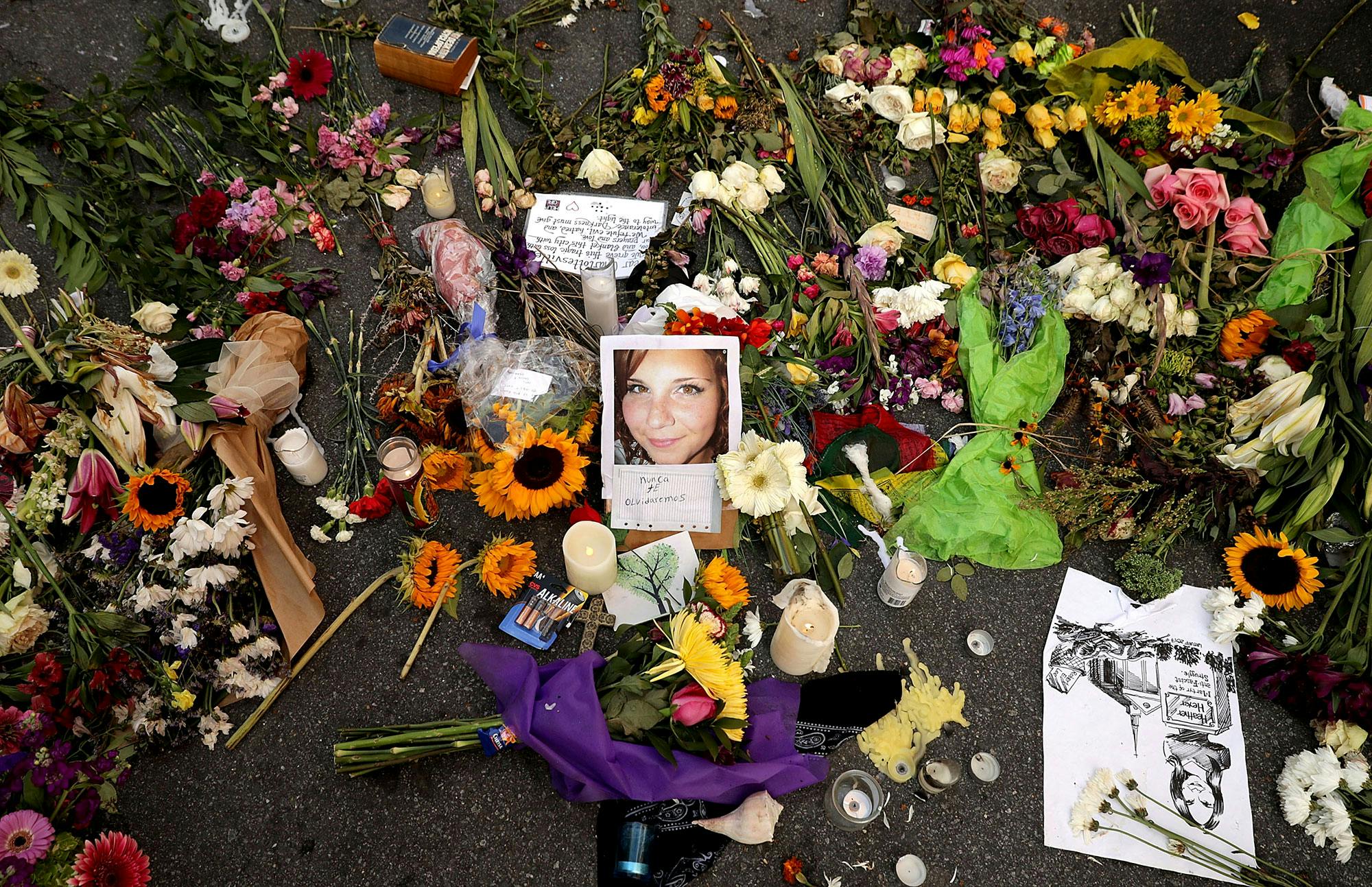“If you can’t treat someone with dignity and respect, get out.” Those words by Lieutenant General Jay Silveria, spoken in the halls of the U.S. Air Force Academy last month, quickly reverberated around the Internet.
They struck a chord because they were unambiguous. The simplest lessons, the ones we learned in kindergarten, are often the most profound. After all, Thumper said it first: “If you can’t say something nice, don’t say nothing at all.”
Silveria’s words resonated with me as someone whose been struggling to find civility in public discourse amongst a cacophony of incivility. Where has the civil discourse gone? And, more importantly, what has been my role in its disappearance?
Today, conversations seem coarser. Emotions more raw. Language more brutal. You can blame talk radio, cable news, redistricting, social media, campaign finance laws, the news cycle—the list is long. But shows and laws and tweets can’t bear responsibility alone.
After Congresswoman Gabrielle Giffords was shot in the head during a 2011 constituent event in Tucson, political vitriol against her was cited as a motivating factor. At the time, political PACs targeting Giffords had sent out mailers with rifle scope cross hairs on her name and her district. It was a little too on the nose. It was too much like the John F. Kennedy “Wanted for Treason” flyer handed out in Dallas in the days before the president’s 1963 assassination. In the aftermath of the Giffords’ shooting, amidst the outrage, analysis, and the devastation, a public dialogue emerged about the importance of civility, respect, and understanding the weight of our words. It was a desperately needed and well-timed conversation. And it’s one we need again.
At the beginning of the 115th Congress in January, the incoming freshmen members of Congress gathered together and made a “commitment to civility.” It’s as if they somehow knew it would be a challenge this year. Or perhaps they saw the challenges of the 2016 election season and knew the game had somehow changed. They signed their names and made this pledge to show “proper respect to one another and all others, encouraging productive dialogue, and modeling civility in our public and private actions.”
Then, in June, another congressman, Steve Scalise, was shot—this time while at practice for a charity baseball game. Members of Congress came together, recommitted to the civility pledge, and added their names alongside the freshman. Briefly, there was bipartisan unity.

In the weeks after that came the white nationalist march in Charlottesville and the death of a counter-protestor, the controversies over National Football League players taking a knee during the national anthem to protest racial injustice—police brutality against black people in particular—and the numerous other incidents which have sparked our year of incivility.
Scalise, to thunderous, bipartisan applause, recently returned to the House Chamber after four months of surgeries and rehabilitation. He thanked his fellow members for their love, support, and encouragement during his recovery. For a moment, we were again united.
Why does a member of Congress have to get shot for us to have a conversation about civility? Why do hate crimes have to be a reminder to treat people with dignity and respect?
Words have power. We must use them to persuade, not bludgeon. I’m not suggesting there won’t be, or shouldn’t be, conflict. We are diverse people with different backgrounds, ideas, goals, ambitions, and dreams. Our ability to openly debate and protest and argue are fundamental to our First Amendment right. But we shouldn’t treat the other side of an argument—or the other side of the political aisle—as the enemy.
Each of us has an individual responsibility to acknowledge our role in changing the dialogue. Words matter and each of us has the opportunity—the responsibility, really—to use each one carefully.
The bottom line is this: Civility starts with me.
Jenifer Sarver is an Austin-based communications consultant. Opinions expressed by Texas Monthly guest columnists are their own.






